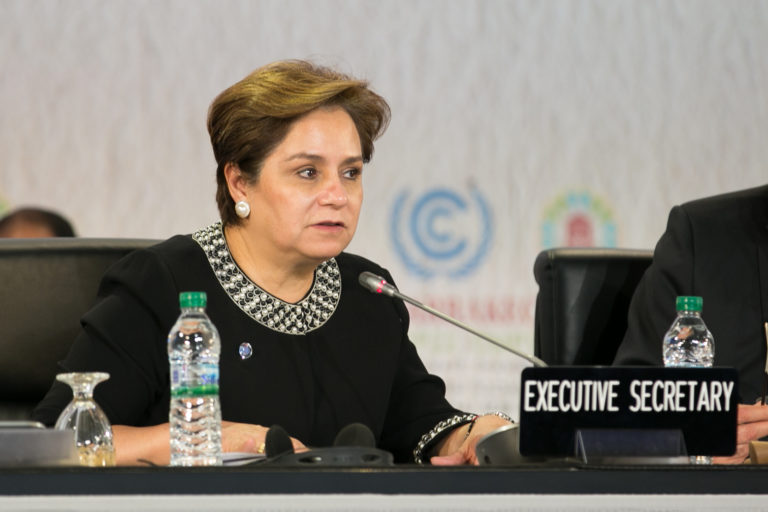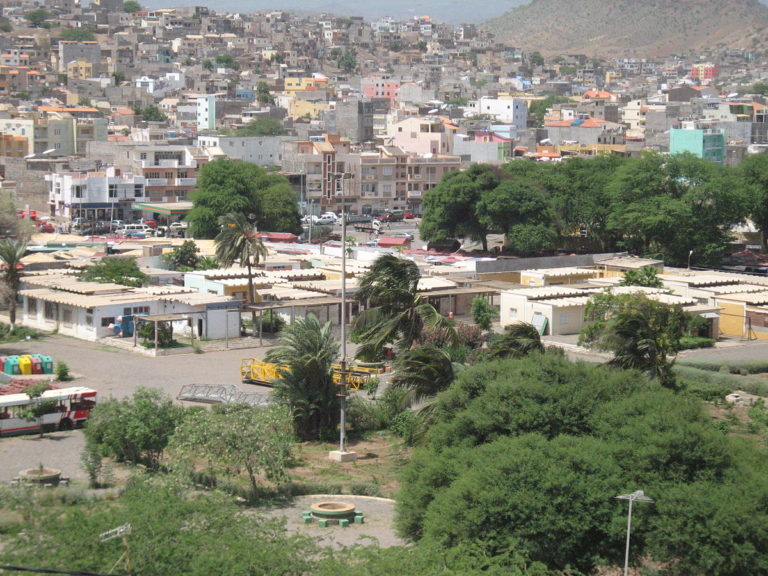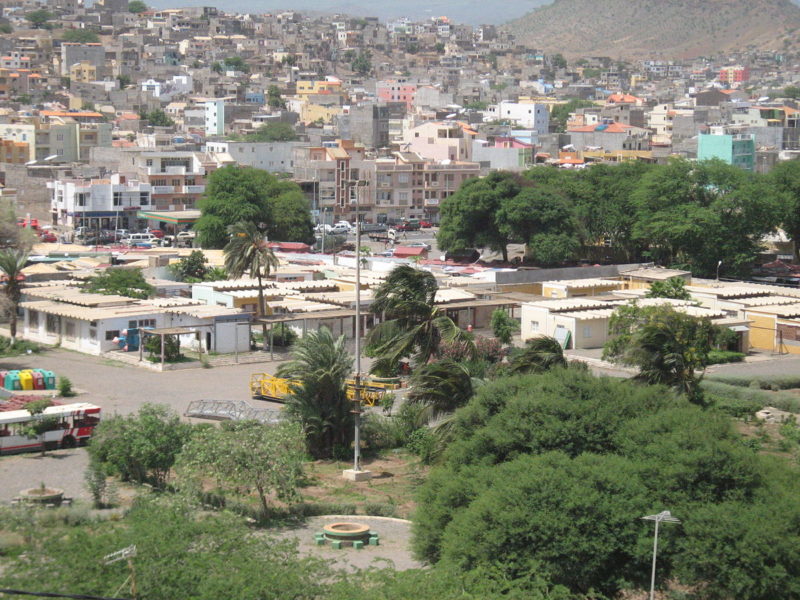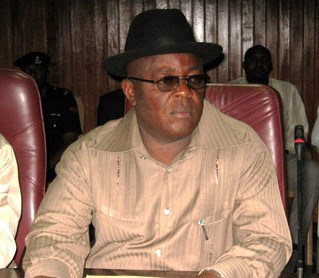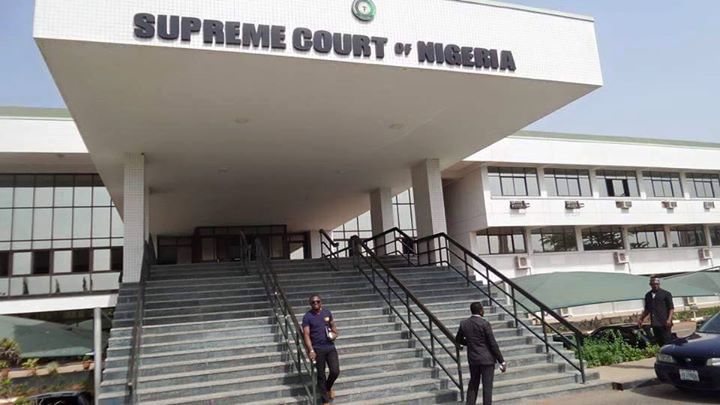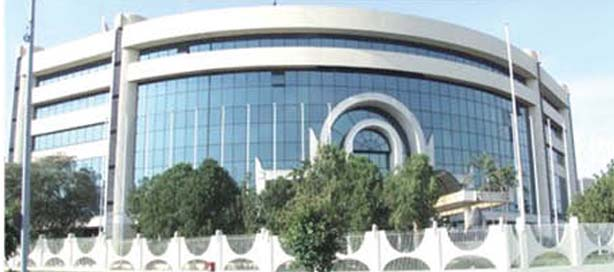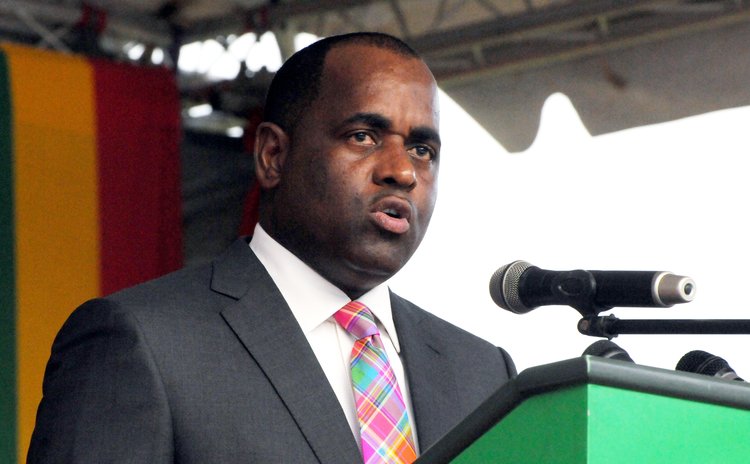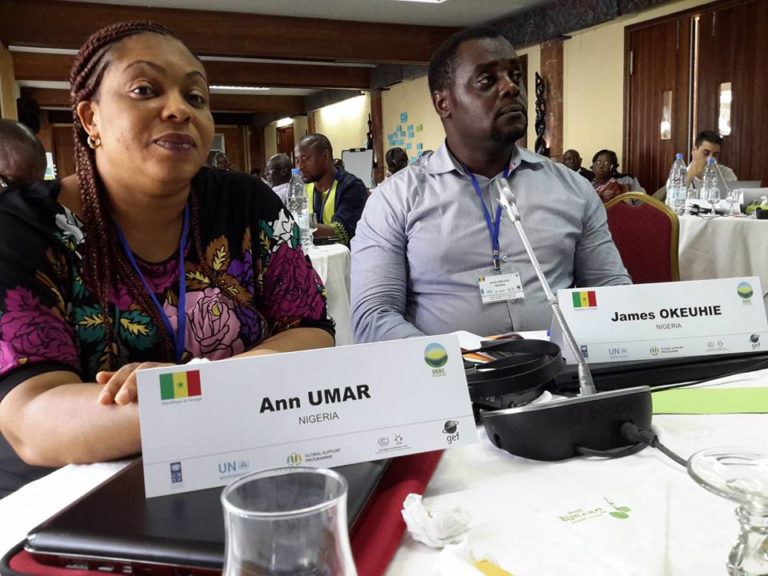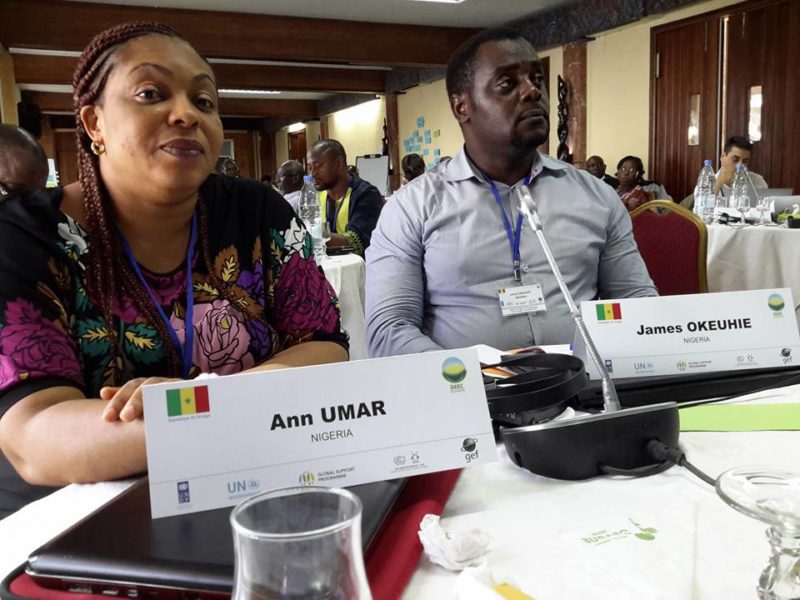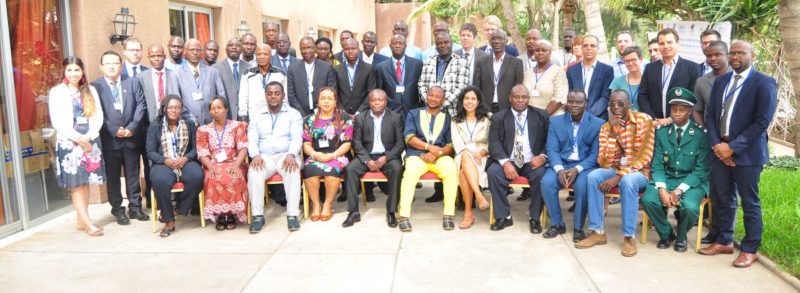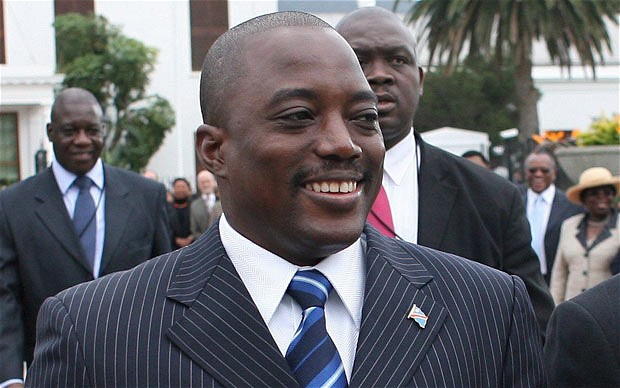Hundreds of millions of people will be affected by climate change impacts and their implications for health or migration already within the next few decades, sectors that so far often get overlooked in this context. This is one of the insights of the Impacts World Conference organised by the Potsdam Institute for Climate Impact Research (PIK) in Germany this week.
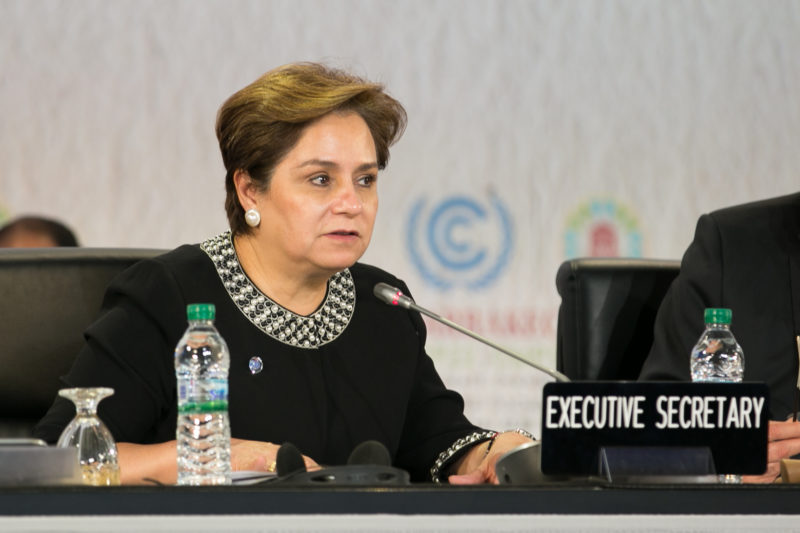
About 500 scientists from 67 countries gathered at the conference with the title “Counting the true costs of climate change” to push climate impact research to the next level by better integrating socio-economic factors. At the same time, the institute celebrated its 25th anniversary hosting this meeting of the global impacts research community, in the spirit of its mission followed for a quarter century: further advancing scientific progress and communicating insights to stakeholders.
“We need you,” Patricia Espinosa, Executive Secretary of the United Nations Framework Convention on Climate Change (UNFCCC), addressed the scientists assembled at the conference. On the occasion of the 25th anniversary, she highlighted the outstanding role of the Potsdam Institute’s scientists and its founding director, Hans Joachim Schellnhuber:
“It is hard to describe just how important your contributions are to humankind,” she said. “Our struggle is not about ideology, it is about urgency and about wellbeing. We have a lot of work ahead.” Espinosa is one of the driving forces behind the UN climate summit to be held in Bonn in less than a month, the first since the US has announced to withdraw from the historic Paris Agreement on climate stabilisation.
Unabated global warming would cause high economical costs, but also damages that cannot be counted in Dollars or Euros, the conference showed. The researchers identified scientific challenges still lying ahead – like better understanding the processes behind climate-induced migration following for instance extreme events such as droughts, or longer-term destabilisation of livelihoods – to integrate them into the next generation of comprehensive computer simulations of possible futures under different climate change scenarios. Possible effects on health, like productivity losses of parts of the workforce as well as warming related kidney and lung malfunctions, were also discussed intensely.
“With its interdisciplinary research, PIK has an outstanding value for Brandenburg,” said the state’s Minister for Science, Research and Cultural Affairs, Martina Münch. She called PIK “an extraordinary institute”. Just like the UN climate chief she added: “We really need you and your research!”
Thomas Rachel, Parliamentary State Secretary of the German Federal Ministry of Education and Research stressed that, today, some political forces are trying to distort or deny science. “Those who ignore the science will fail in the long term – only those who face the facts will be successful. The scientific community has to be very clear about this,” he said.
Addressing PIK he added: “For many years you have been setting standards – climate policies have to be based on solid science.” Together, the state of Brandenburg and the Federal Government of Germany are the main funders of PIK. “This money is well invested,” Rachel said.
“Climate change is risk number one,” said Klaus von Klitzing, Nobel Laureate for Physics, praising the participants of the conference for their relentless work. He contributed to the appeal by 79 Nobel Laureates that helped in making the historical Paris climate summit a success. He quoted the first man on the moon, astronaut Neil Armstrong, who said that seen from outer space, Earth looks fragile. “Maybe all politicians should be shot to the moon before taking office,” von Klitzing said jokingly.
Poor countries are hit hardest by most of the impacts of climate change. “We’ve come a long way – but today it is acknowledged that climate change and development are closely linked,” said Leena Srivastava from The Energy and Resource Institute in India. “Energy is at the centre of the sustainability challenge.”
The ambitious renewables target in India brought down prices of solar and wind power below prices of power from coal, she pointed out. Yet, even if greenhouse gas emissions are limited, huge adaptation efforts are needed to enable sustainable development.
“It is really gratifying to see that the cream of the global research community exploring climate change impacts is coming together in Potsdam for the second time now, after our 2013 conference,” said PIK’s director, Hans Joachim Schellnhuber. “The results of this meeting now will become a major influence on the forthcoming IPCC reports.”
The co-chair of the working group on climate impacts of the Intergovernmental Panel on Climate Change (IPCC), Hans-Otto Pörtner, was scheduled to join the conference on Friday. “There have been many days in my live when I thought all is lost,” said Schellnhuber. “But after this anniversary celebration and the wonderful contributions of friends and allies I know that we’re going to save the world.”

